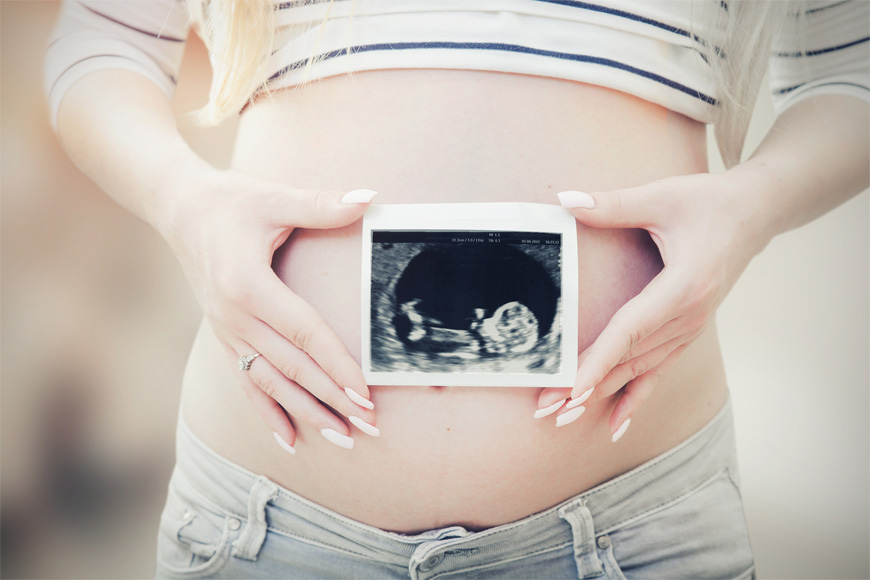A travel ban on entering and exiting out of Abu Dhabi and between the capital's regions has been extended for one week starting Tuesday.
9 June 2020
| Last updated on 9 June 2020
Residents are not allowed to travel in and out of Abu Dhabi, Al Ain, and Al Dhafra.
The Abu Dhabi Emergency, Crisis and Disaster Committee announced that restrictions on travels in and out of Abu Dhabi, Al Ain, and Al Dhafra has been pushed for another week, starting Tuesday, 9th June.
Last week, local health officials said that the travel ban was implemented to ensure Abu Dhabi's huge testing drive works.
The extended travel ban applies to all UAE residents and Emiratis, except for special permits from essential workers, transportation of necessary goods, and patients with chronic diseases traveling visiting hospitals.
Residents can continue to move within Abu Dhabi, Al Ain, and Al Dhafra, but are prohibited from entering or leaving the area to visit other Emirates.
In an official tweet, the Abu Dhabi Media Office said the extension of the travel restriction "aims to enhance the effectiveness of the expanded National Screening Programme, among a series of precautionary and preventive measures being taken to reduce contact, curb the spread of Covid-19, and protect the health and safety of all community members."































































.png?itok=o7XUYJI4)

















































































